The Best Crypto Wallets For Bitcoin and Altcoins
Keep your cryptocurrency safe and secure with the help of a good hardware and software wallet.
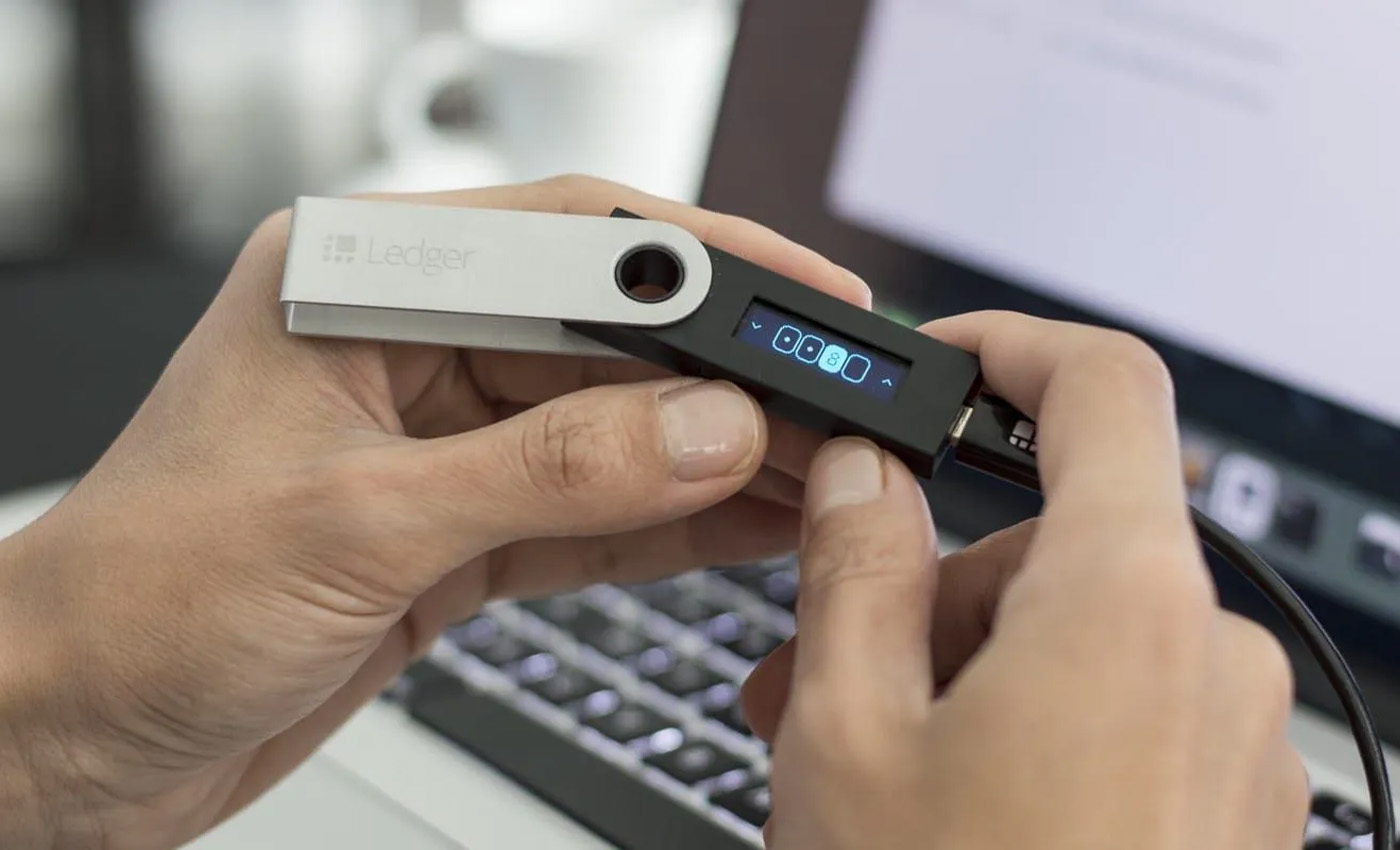
Ledger
By TKS |
September 19, 2022
The Karma Society is supported by its audience. When you purchase through links on our site, we may earn an affiliate commission.
If you’re thinking about investing in cryptocurrency, you’ll likely be wondering about the best way to store your coins. There are many different options available, and it can be hard to decide which one is right for you. We will discuss the different types of crypto wallets and what they offer. We’ll also provide a list of factors to consider when choosing a crypto wallet so that you can make an informed decision.
Cryptocurrency is no longer just for the tech-savvy, with more and more people hopping on board every day. If you’re thinking about opening up your first crypto account, it is well worth considering what type of crypto wallet would best serve your needs from a security and management perspective. It is essential because, without a crypto wallet, cryptocurrencies are extremely easy to lose or misplace.
So what exactly is a crypto wallet? A cryptocurrency wallet is an application that allows you to store, manage and interact with your digital assets. They usually come in a few forms: hardware ‘cold’ wallets typically stored on an encrypted device, software ‘hot’ wallets, and mobile phone wallets. All three of these offer different levels of security and convenience, so choosing one (or more) is a decision that will depend on what best matches your needs.
The Best Hardware Wallets
Hardware wallets allow you to store your coins and NFT assets in an offline environment. It’s a small device that holds the encryption keys for both signature and private/public keys linked to your public address on the blockchain network. When trading cryptocurrencies or accessing funds from another user’s wallet, your coins remain secure in this offline hardware format, ensuring that your privacy is continually respected.
Here is our pick of the best hardware crypto wallets to suit any need:
Ledger Nano X
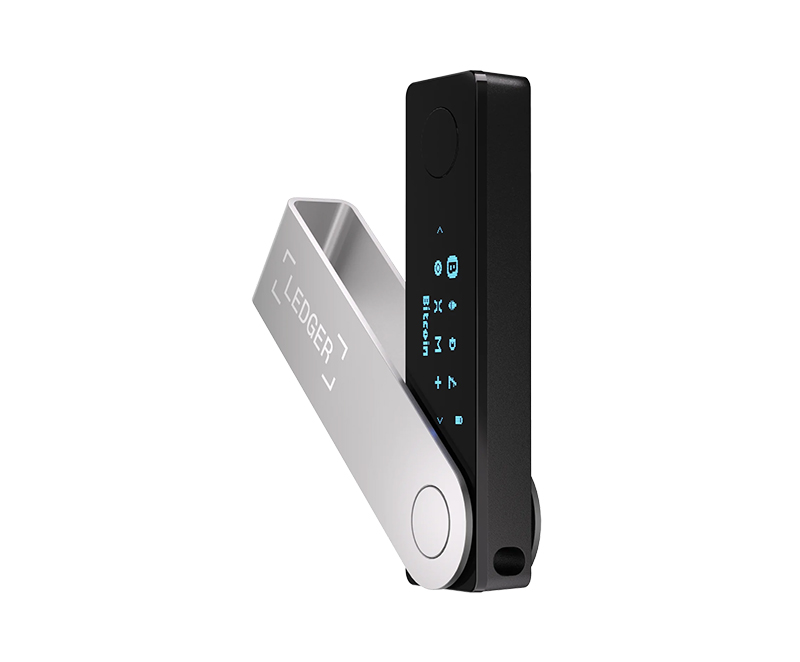
The Ledger Nano X is a Bluetooth-compatible hardware crypto wallet that securely stores your coins offline. At just over 5 inches long, it is compact enough to fit into a pocket yet provides enough storage for all of your cryptocurrency needs. It uses a CC EAL5+certified Secure Element chip—the same technology behind credit cards & passports—to keep your coins, NFTs, and tokens from being hacked. It comes with a 100mAh battery and works with the Ledger Live app that you can download and connect to via an end-to-end encrypted Bluetooth connection that protects your private keys. It supports a whopping 5,500 tokens, more than other hardware storage wallets. If you’re looking for an all-in-one device that’s a bit more secure and supports even the most obscure coins, this is an excellent option.
Trezor Model T
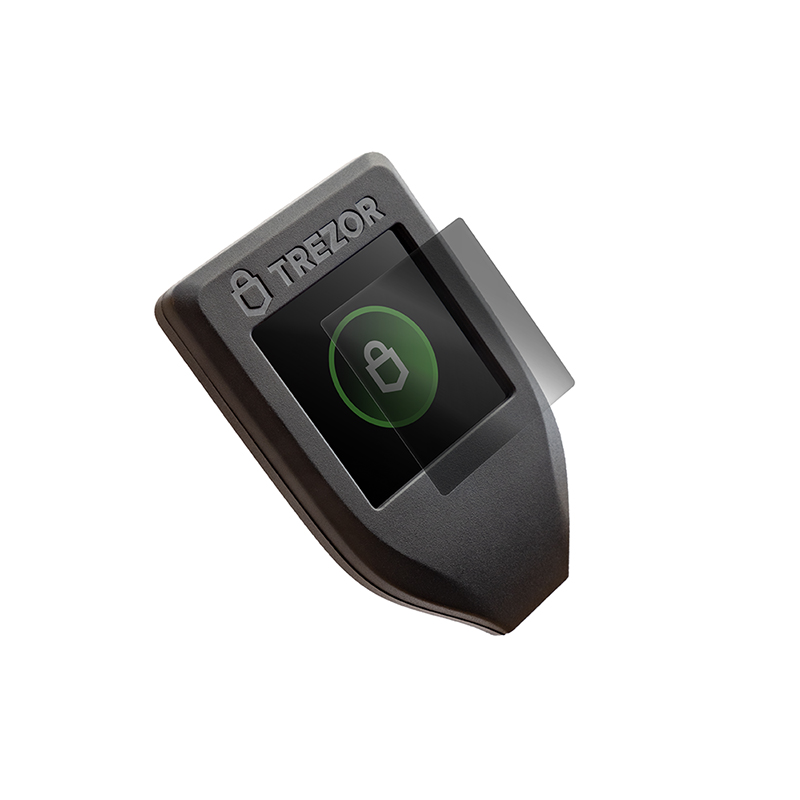
The Trezor Model T by SatoshiLabs is another excellent cold storage wallet that keeps your coins offline. The Model T has a 240×240 pixel color touchscreen display, making for an ultra-convenient user experience. It also has features that distinguish it from its competitors, including PIN & passphrase support and its own proprietary Shamir Backup, a sophisticated way to generate recovery shares that keep your private keys secure. The Trezor Model T holds over 1800 crypto assets, including Bitcoin and popular altcoins & tokens, including Ethereum, Tether, Cardano, Shiba Inu, and Dogecoin. While there is no Bluetooth support—they have their reasons—The Model T can pair up with other popular software wallets via USB-C that help you manage your crypto, including Electrum, Exodus, and its own Trezor Suite. While it may be the priciest wallet on our list, it’s also one of the most useful, secure, and versatile cold storage options available.
Safepal S1
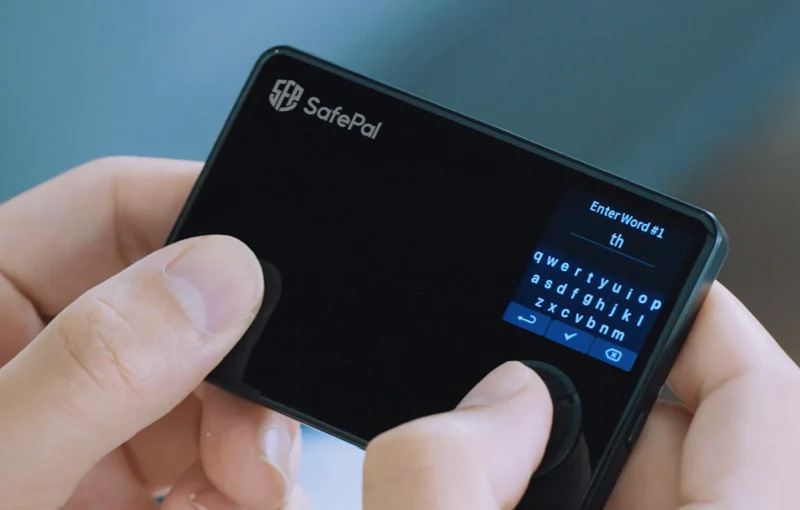
The SafePal S1 makes our list because of its unique features and a price point that should appeal to new crypto fans on a budget. Backed by Binance—one of the world’s largest centralized exchange platforms—the SafePal is a hardware wallet that never electronically connects to the internet or another device. Instead, the wallet has a built-in camera that transmits data to the SafePal mobile app via QRCodes, making this a proper 100% air-gapped solution to protect your private keys. It features a high-quality 1.3″ IPS touchscreen, holds over 30,000 tokens with support for 34 blockchains, and a 400mAh battery that gives 200 minutes of use before the next recharge. The SafePal S1 also comes with a mechanism that self-destructs if it detects that someone is trying to steal your cryptocurrency. It is an excellent feature, though we strongly suggest that you still backup your private keys for a piece of mind.
The Best Software Wallets
Software wallets come in a few different varieties. Web Wallets are browser-based wallets that store your crypto assets without the need for downloading any software. There are also desktop software wallets that can download and store your digital assets offline on your computer. Finally, mobile wallets and Android and iOS apps are downloaded onto your smartphone to keep your digital assets secure, accessible, and mobile.
Software wallets don’t offer the level of control or security as their hardware counterparts but are easier to use and have a better price point than most cold storage devices. Here are our picks for the best software wallets today:
Exodus Wallet
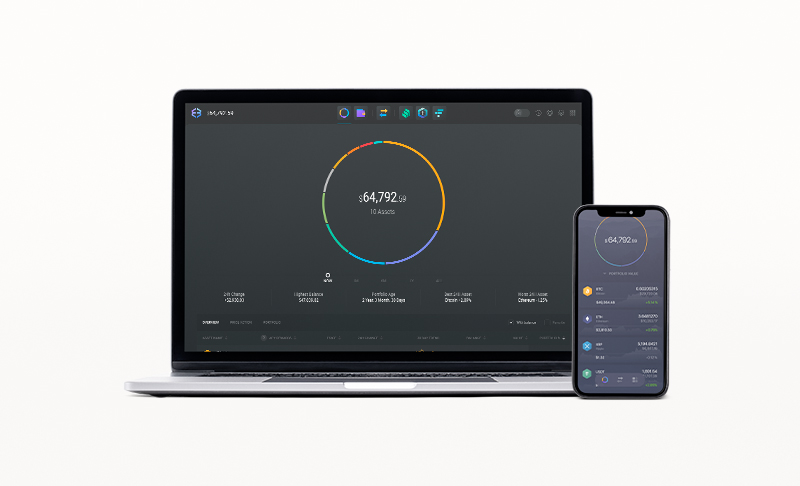
The Exodus Wallet is a desktop and mobile app founded in 2015 by developers to remove the “geek requirement” for users looking for an easy way to store and manage their crypto assets. Exodus gives users non-custodial control of their assets via ShapeShift, a trading platform that supports 750+ cryptocurrencies and 11 blockchains. The software offers an elevated experience that differentiates it from web wallets, including complete control of your private keys, Trezor Wallet integration, and a portfolio page aggregating your coin data.
Their portfolio page allows users to analyze the performance of their coins and provide insight on what factors impact their value, whether it’s growth or price volatility. And another thing—it’s completely free to use, making it a perfect way for newcomers to learn about digital assets and those using the software for trading or investment.
Coinbase Wallet
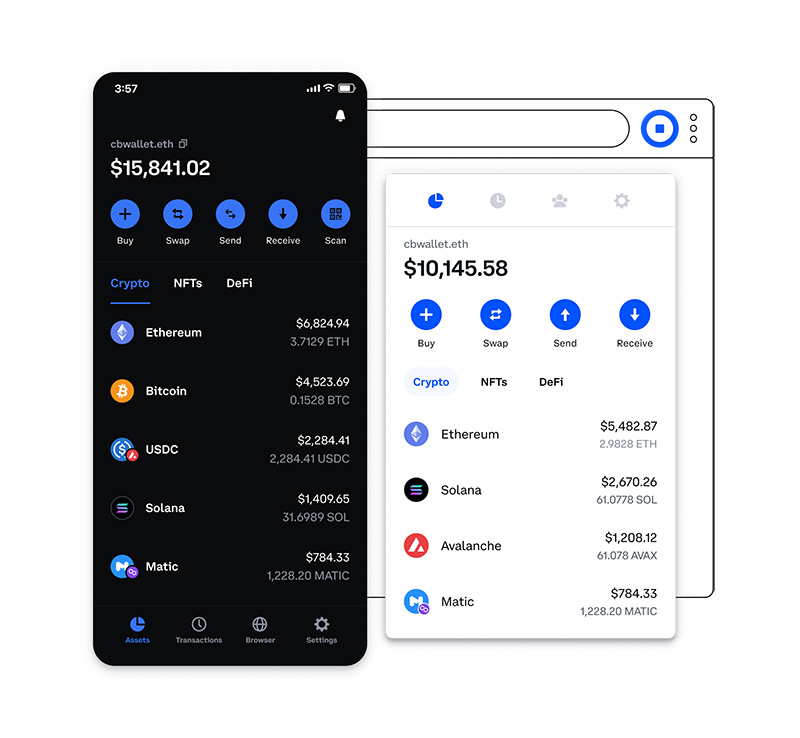
Coinbase is one of the most popular bitcoin wallets, backed by a heavyweight brand and robust infrastructure. The platform lists more than a hundred tokens and continues to add new cryptocurrencies monthly. The Coinbase Wallet should not be confused with their online custodial web wallet; this iOS and Android mobile solution offers access to your private keys and integrates with the Ledger and Trezor hardware wallets on our list. One of the drawbacks to hot wallets is the potential for tampering and hacks. However, Coinbase counteracts it with two-factor authentication (2FA), which adds another level of protection. If you’re into collecting NFTs or Defi tokens, the Coinbase Wallet is your best bet.
Electrum Wallet
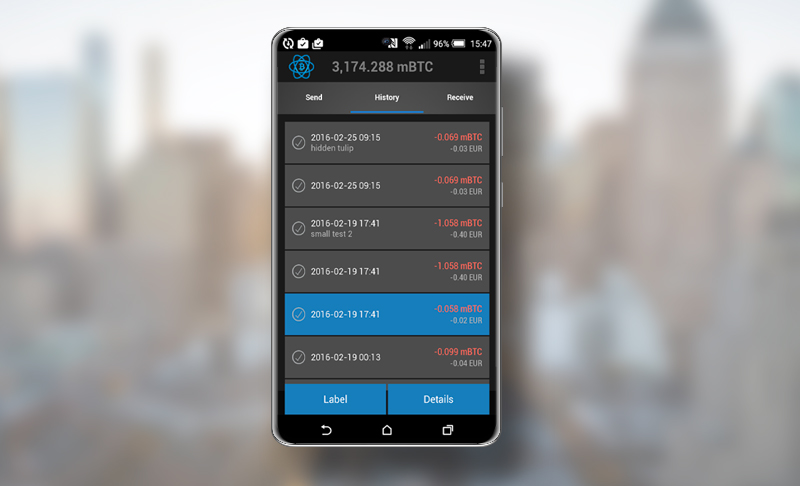
The Electrum Wallet is another popular and free software wallet that gives you complete control over your Bitcoin’s private keys. It supports some of the most popular hardware wallets available, including Ledger, Keepkey, and Trezor wallets.
Electrum is a Bitcoin wallet is designed for HODLing, a long-term investment strategy for those okay with holding on to their Bitcoin investments despite market fluctuations. If you are an advanced investor who wants to keep your Bitcoin stash secure and safe, then this wallet is an easy choice.
The Bottom Line
Each crypto investor is likely to have different needs, so you should consider these factors before purchasing. Hardware wallets can hold more cryptocurrency than web wallets, but they also get more complicated. Compared to a conventional web wallet, the extra expense and effort required for hardware wallets are compensated by their security – making them ideal for long-term storage.
On the other hand, software wallets are significantly cheaper and more convenient to access. Another thing to consider is using a combination of different types of wallets rather than just using only one type—this will give you greater flexibility and control over your valuable crypto assets.




